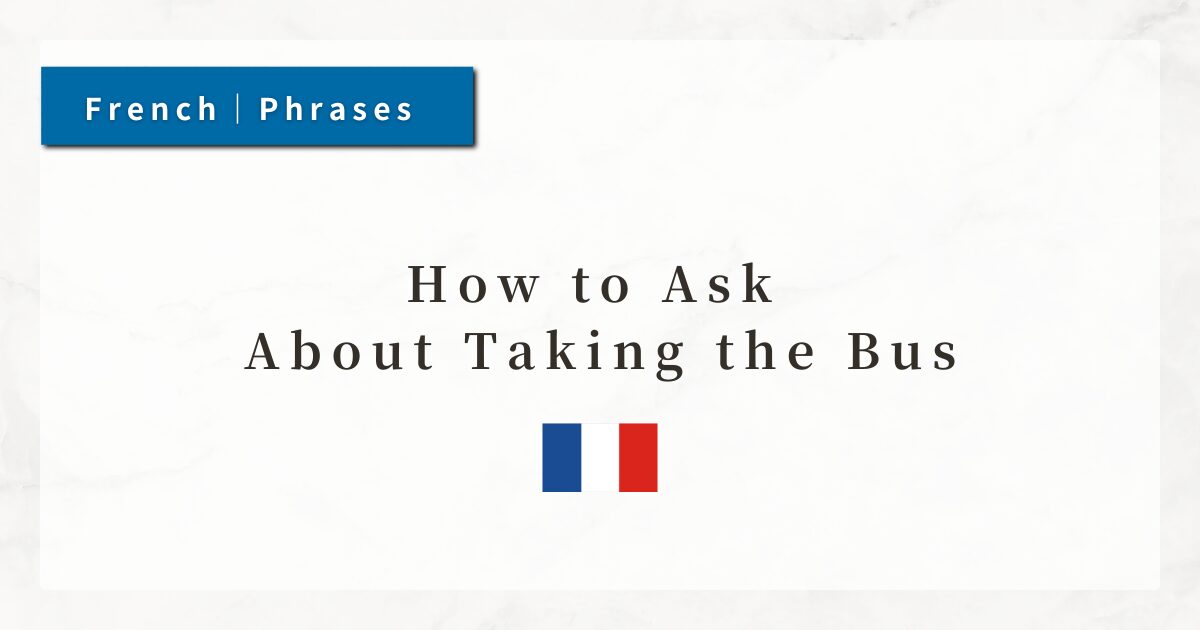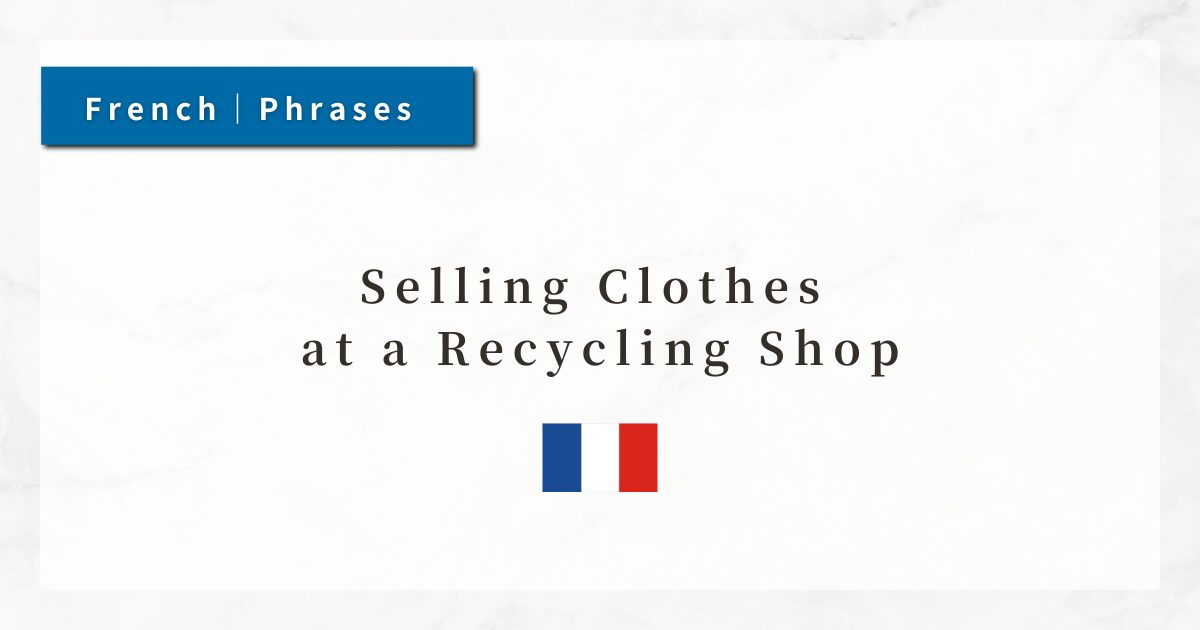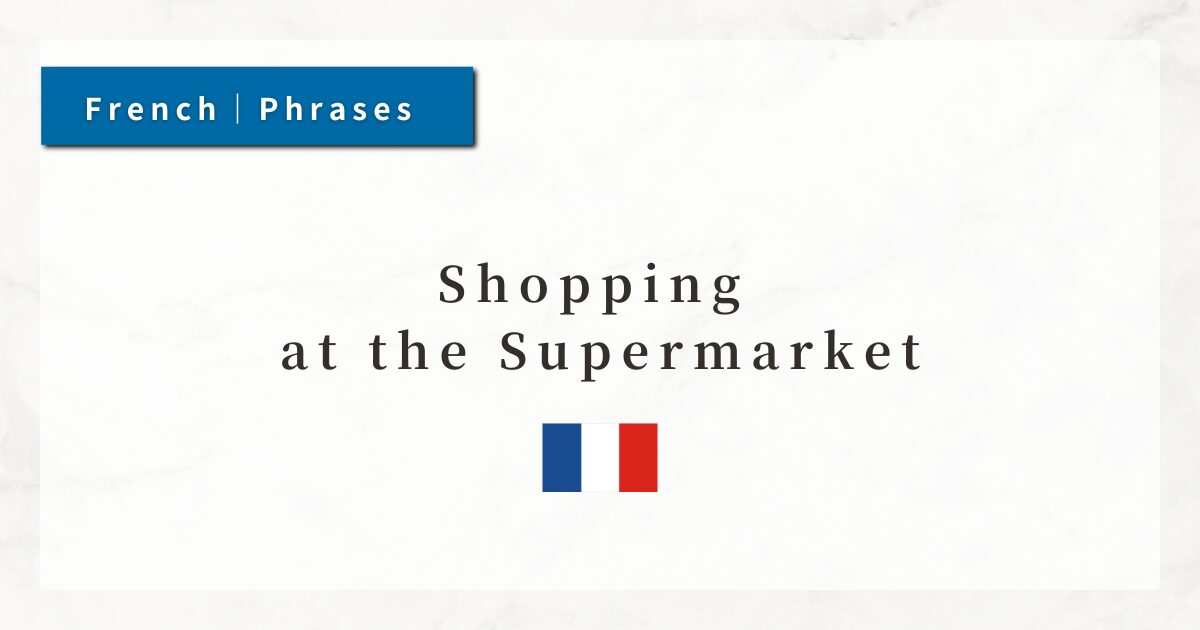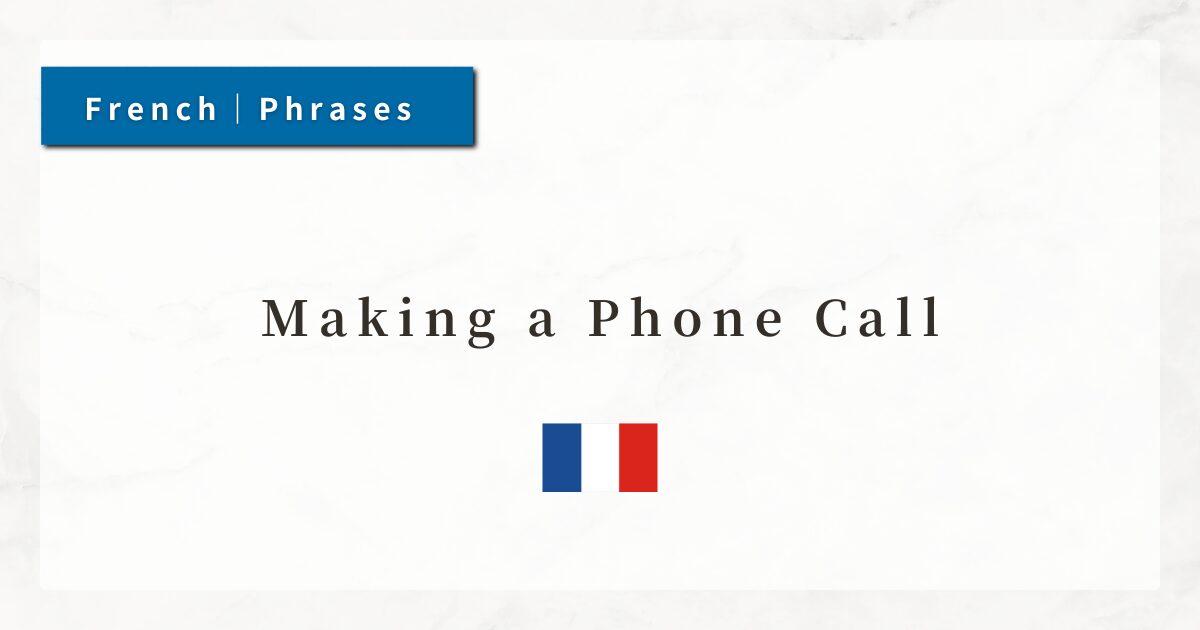#10 Example Dialogues for Attending a Party|French Social Expressions
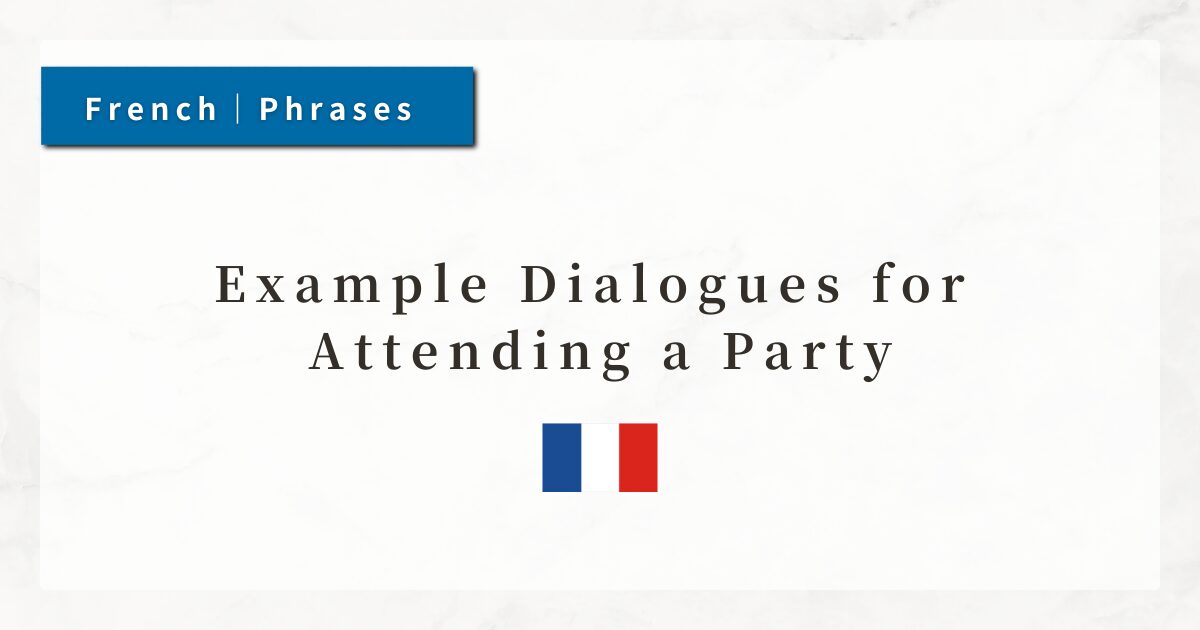
In France, parties are held for many occasions such as birthdays, farewell gatherings for colleagues, and other social events.
Being able to accept an invitation, confirm your attendance, and add a polite phrase during the event will make communication much smoother.
In this lesson, I will introduce practical French expressions for responding to invitations and greetings during parties.
Dialogue

Salut ! Merci pour l’invitation.
(Hi! Thanks for the invitation.)

Avec plaisir ! Je suis content que tu sois là.
(My pleasure! I’m glad you’re here.)

Tu as organisé tout ça toi-même ?
(Did you prepare all this by yourself?)

Oui, j’ai tout préparé hier soir.
(Yes, I prepared everything last night.)

C’est super ! Et le gâteau est magnifique.
(That’s great! And the cake looks wonderful.)

Merci ! Servez-vous, il y a de tout à manger et à boire.
(Thank you! Please help yourself, there’s plenty to eat and drink.)
1. Expressing Gratitude: Merci pour + noun
The expression “Merci pour + noun” is a standard way of expressing gratitude, meaning “thank you for ….” It is used when the object of gratitude is a noun:
- Merci pour l’invitation.
(Thank you for the invitation.) - Merci pour le cadeau.
(Thank you for the gift.) - Merci pour ton aide.
(Thank you for your help.)
When followed by a verb, the structure changes to “Merci de + infinitive” or “Merci d’avoir + past participle.”
- Merci de m’avoir invité.
(Thank you for inviting me.)
This is polite and grammatically correct, and is also suitable for emails and formal conversations.
2. Emotion + Subjunctive: Je suis content que …
In French, when the main clause expresses emotion, the subordinate clause introduced by que must be in the subjunctive mood.
- Je suis content que tu sois là.
(I’m glad that you are here.)
Here, the main clause expresses an emotion (Je suis content), so the verb in the subordinate clause (tu sois là) is in the present subjunctive.
Stem from the 3rd person plural (ils/elles) of the present indicative + endings (-e, -es, -e, -ions, -iez, -ent).
3. Casual Compliments: C’est + adjective
The structure “C’est + adjective” is a versatile way to give an impression or evaluation.
- C’est super !
(That’s great!) - C’est génial !
(That’s awesome!) - C’est magnifique !
(That’s wonderful!) - C’est sympa.
(That’s nice.)
Note: super is rather casual. In formal contexts, use formidable (excellent) or magnifique (splendid).
4. Offering Something: Servez-vous.
“Servez-vous.” means “Please help yourself,” and is used to invite others to take food or drinks. It is the imperative form of the verb se servir (to help oneself).
- Servez-vous.
(Please help yourself.)
→ polite form for vous - Sers-toi.
(Help yourself.)
→ casual form for tu
5. The Construction à + infinitive (for … / to …)
In the phrase “Il y a de tout à manger et à boire” (There is plenty to eat and drink), the structure “à + infinitive” is used to mean “for …” or “to ….”
- à manger
→ to eat / food - à boire
→ to drink / drinks
This construction appears in many useful expressions:
- à voir → worth seeing / sights to see
- à faire → things to do
- à emporter → takeout
Summary
- Merci pour l’invitation.
→ A standard phrase to express thanks. - Je suis content que tu sois là.
→ Example of “emotion + subjunctive.” - C’est super !
→ A casual positive reaction (“That’s great!”). - Servez-vous.
→ A polite imperative meaning “Please help yourself.” - Il y a de tout à manger et à boire.
→ Example of “à + infinitive” construction.

